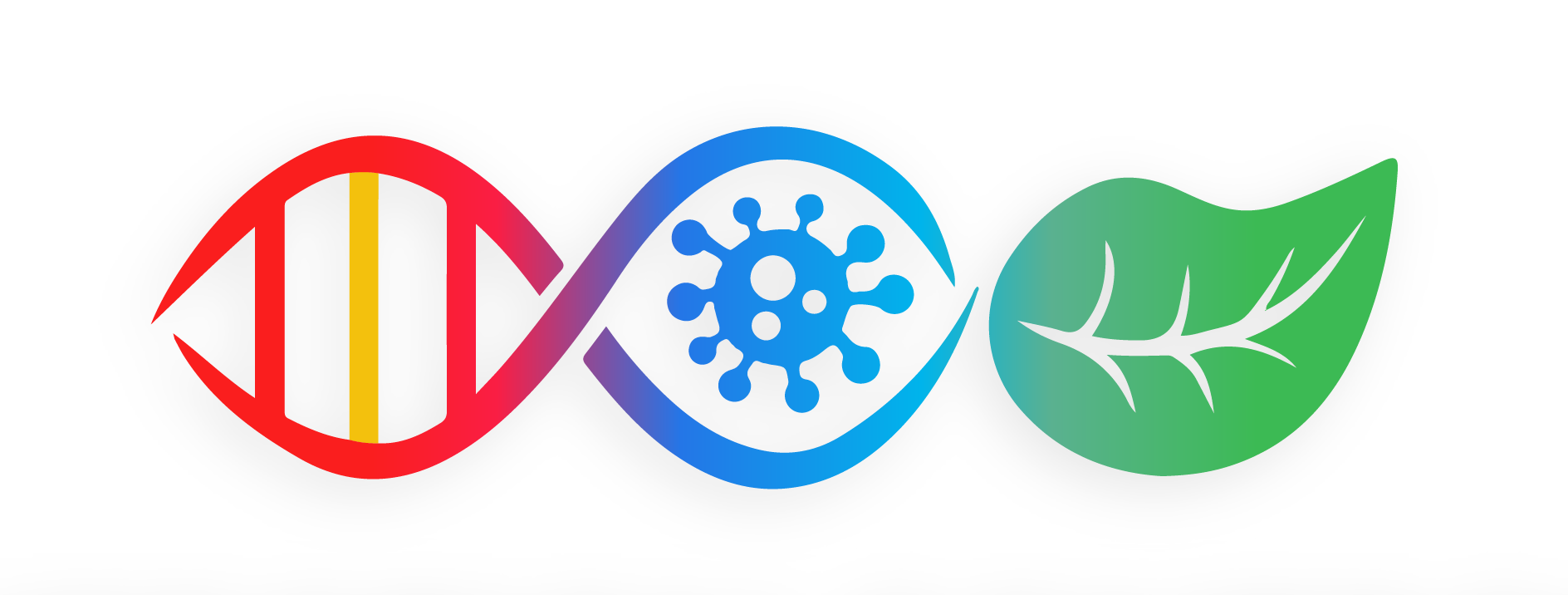Biology is now a science of engineering. Only until recently, biology became mechanistic and quantifiable, identifying the molecular components and how they mechanistically work together to function in a certain process. This is because two revolutions in biology happened: 1) The molecular revolution, knowing with the genes and proteins as its basis; and 2) the genomic revolution, which allows to learn about the molecular components in a fast way and at a large scale. Biological engineering applies the engineering principles of “analysis, design and synthesis” to solve problems in human, animal and plant life.
The aim of this lecture is to familiarise students with the concepts, major breakthroughs, and applications in biological engineering. We will review and discuss the paradigm of engineering “measure, model, manipulate, and make” across different areas of biology, from tissue engineering to genetic manipulation to synthetic biology. We will highlight different applications of biological engineering, i.e. improving plant nutrition and photosynthesis, and exploring plants for molecule and vaccine production. While we focus on plant sciences, we will also discuss examples from other areas of the life sciences.

- Trainer/in: Filipe Dias Vieira
- Trainer/in: Laura Krassini
- Trainer/in: Jingli Lao
- Trainer/in: Silke Robatzek
- Trainer/in: Oséias Rodrigues Feitosa Junior
- Trainer/in: Neysa Rodriguez Murillo
- Trainer/in: Alessa Ruf
- Trainer/in: Katarzyna Rybak